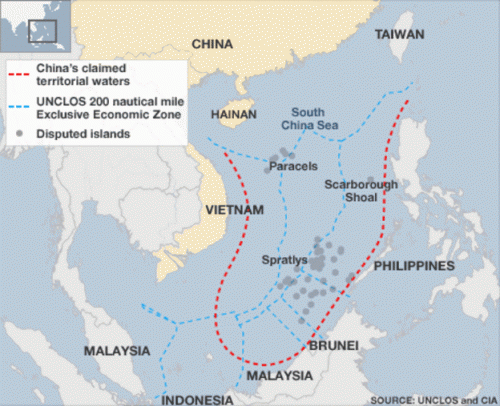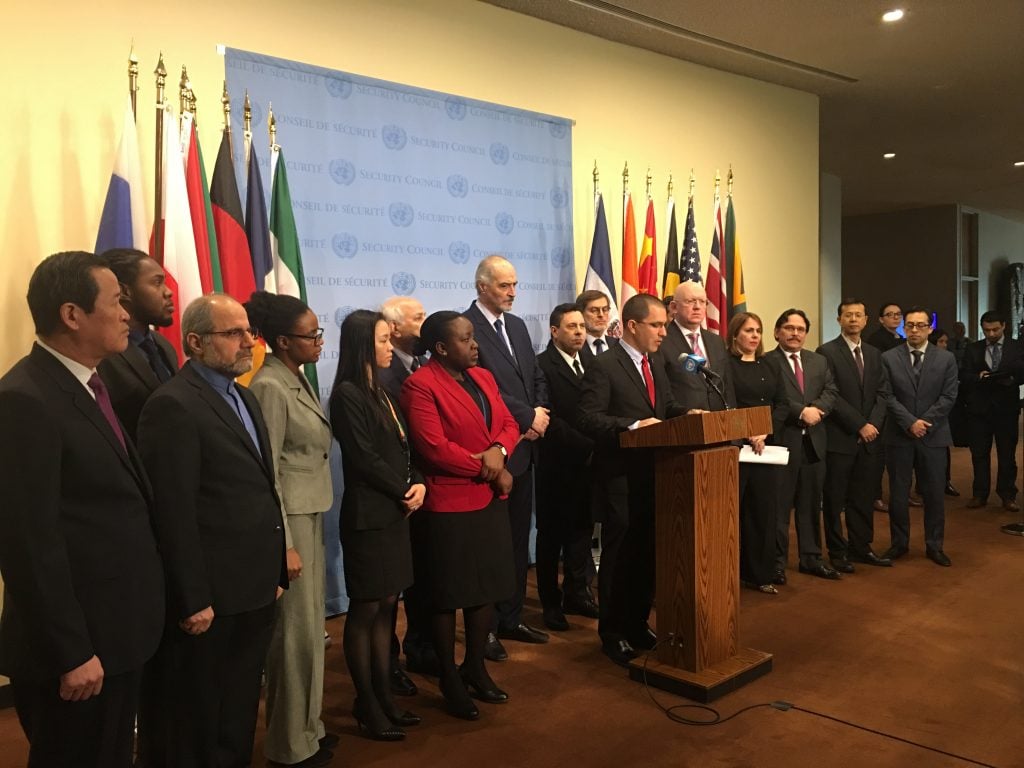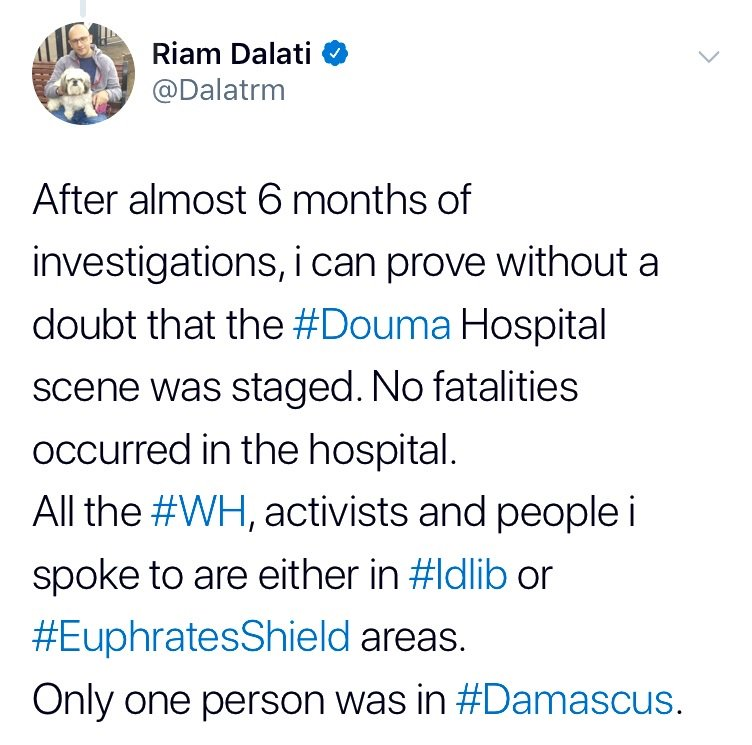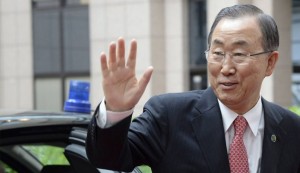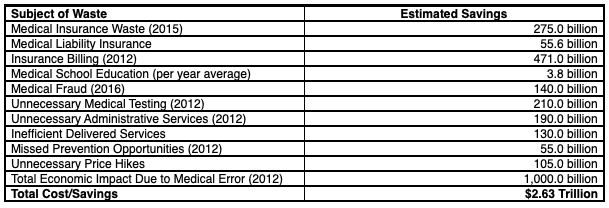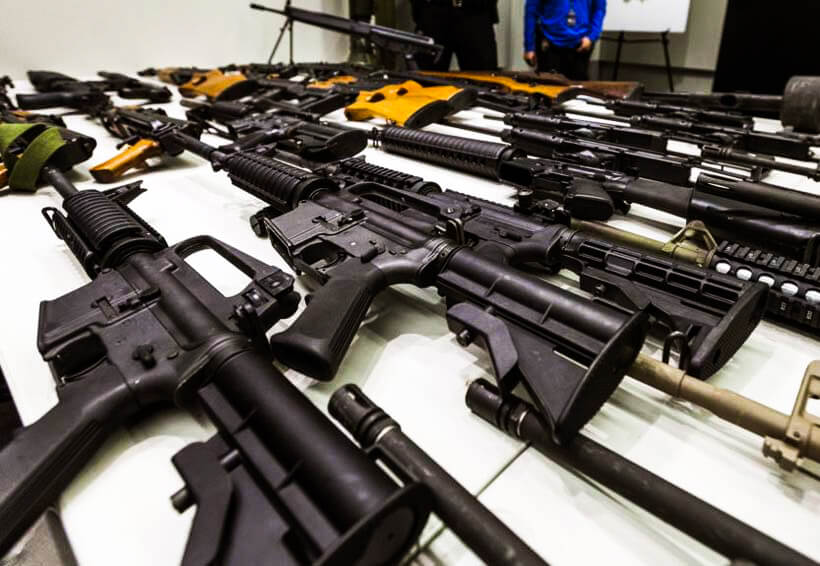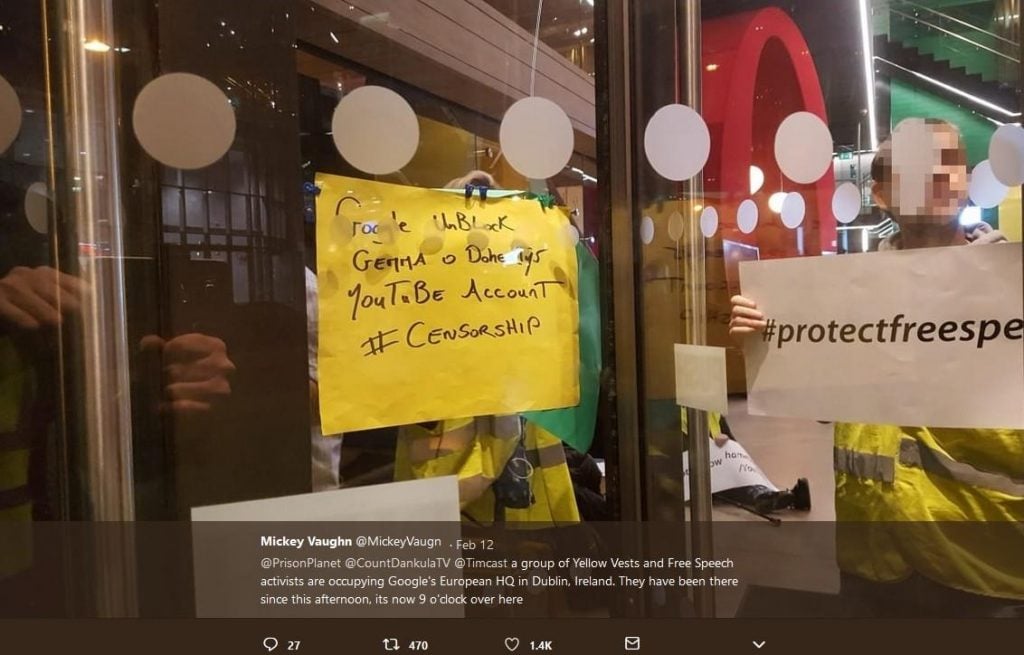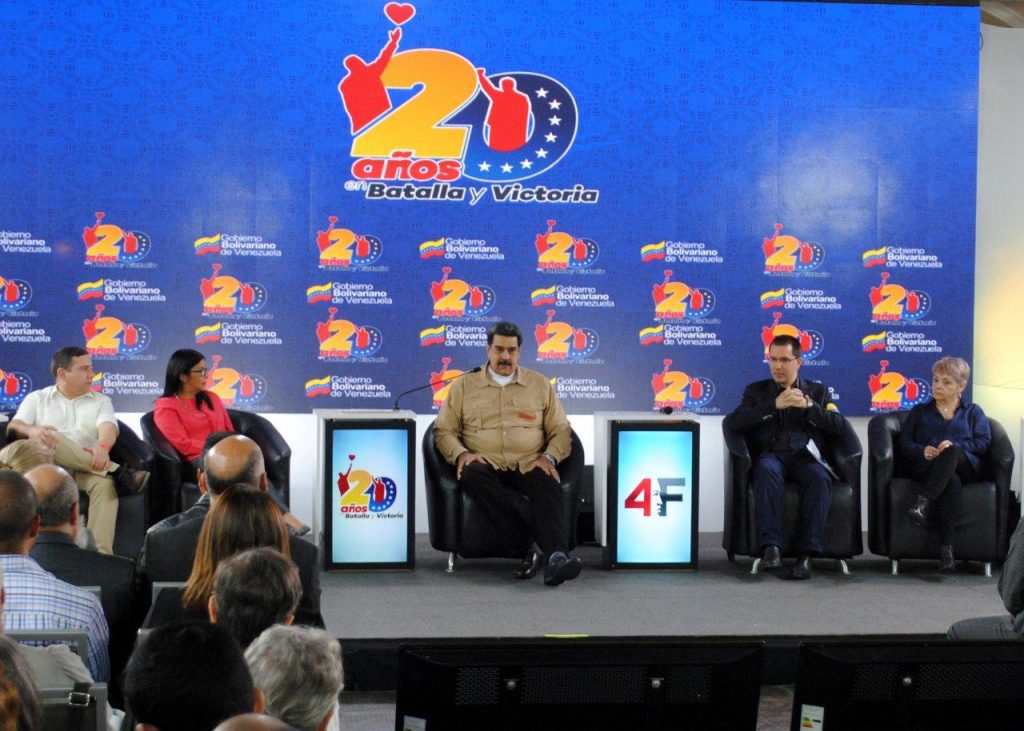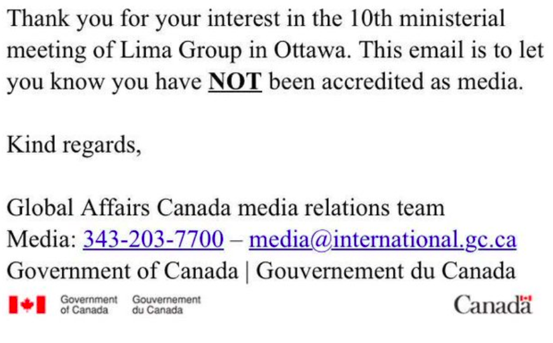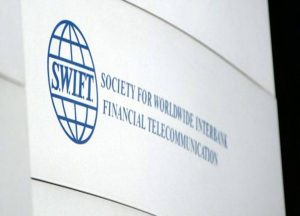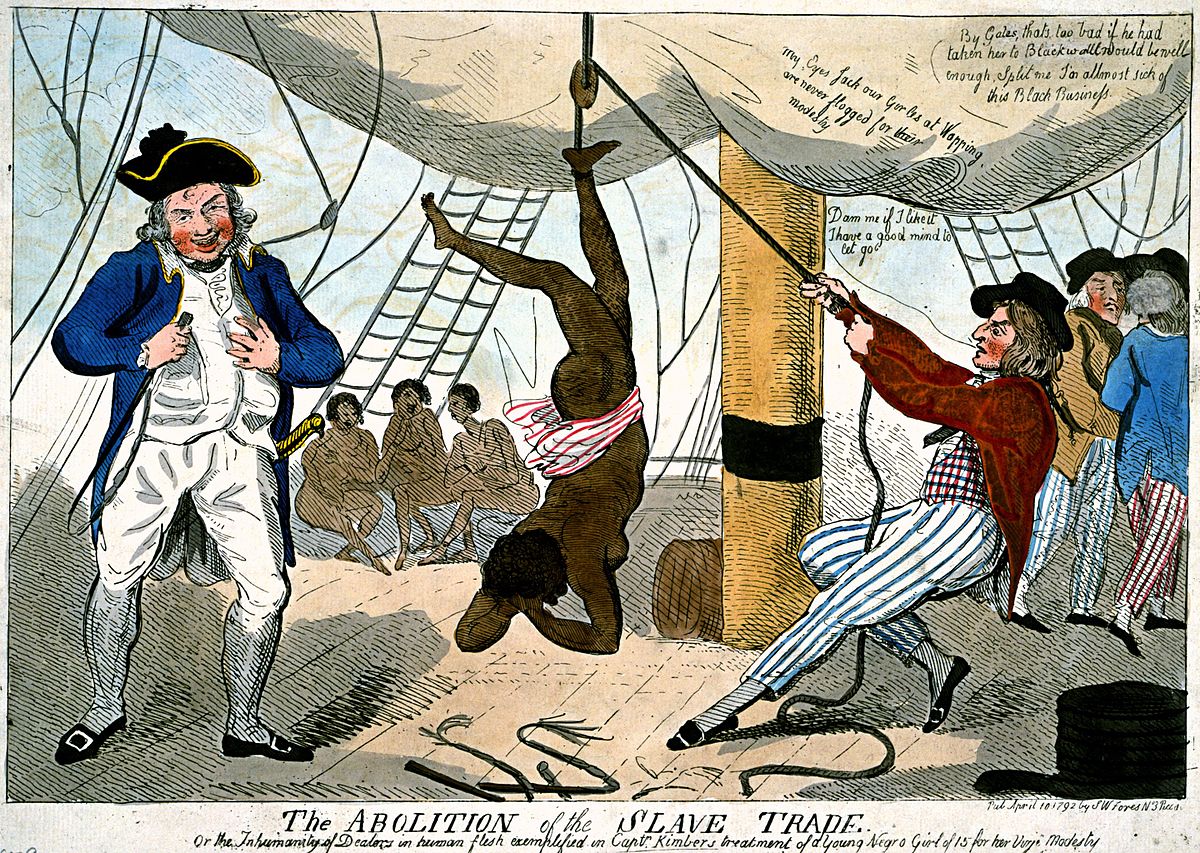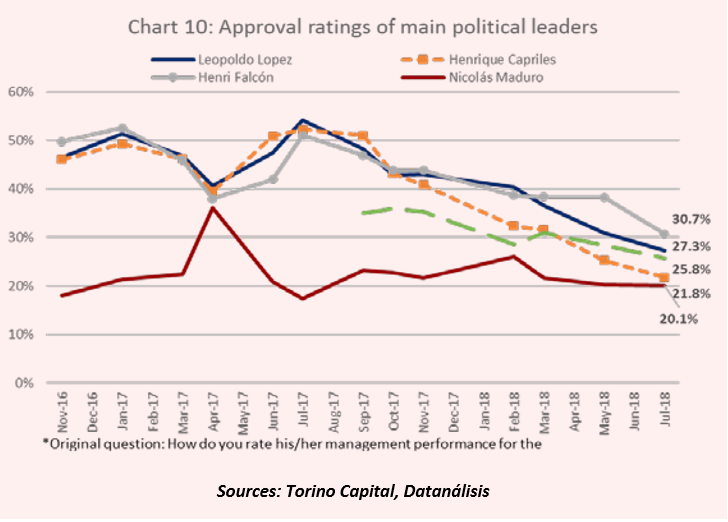In 2003 I was asked by Kentucky State Senator Georgia Davis Powersto help research and write a book about her great aunt Celia Mudd, who was born into slavery but ultimately inherited the Lancaster property in Bardstown and became a prominent local philanthropist. Here is chapter three of a new work in progress called Inheritance.
***
It was a rosy May afternoon and they were all singing. But the song wasn’t about running away and enough voices boomed to shake the Earth. Celia Mudd heard the commotion, rushed down from the second floor, abandoning piles of laundry in need of folding, and raced to the courtyard scattering chickens in her path.
Everyone was there, field hands and house slaves from farms nearby, Negro soldiers back from the fighting, brothers and sisters and cousins, even Grandma Patty dancing a jig around the cistern. Finally it had happened. Hallelujah, Freedom!
Jefferson Davis was in a Georgia jail and most of his troops were surrendering. In Kentucky the union commander had announced that all Negroes, even former slaves, had the right now to go where they pleased, leave the state if they wanted. All they needed were the “free papers” being issued by General Palmer’s officers and they could say good riddance to their masters, find paying work, and ride the rails or a riverboat like any white man. Thousands were on their way.
Celia didn’t understand the details. But the basic message came through clear as a bell. Their old life was over and a new, better one was about to begin. Leaping into Emily’s arms, she hugged her mother as they spun in circles, laughing and joining in the joy. “That’s right, child,” said Emily, tears streaming. “We on our way to freee-dom. Thank you, Lord.”
“Where that, mama? We leaving now?”
“We’ll see. But first we got to hear what them whites got to say for themselves. Grandma, she says Missus Ann and Boss Sam gonna offer everybody jobs. Then we have a meet and talks it over. What you want to do, honey?”
Serious beyond her six years, Celia crinkled her brow and pursed her full lips, acting coy as she considered the options. When she was ready she wriggled free and stood up straight, bare feet planted like a heroic statue. “I want us all to be together,” she announced, “and I want to go see Mr. Lincoln and thank him for what he done.”
Emily was touched, but also impressed with her child’s thoughtful disposition. Going all the way to Washington was beyond anything she could imagine, however. Just getting back to Viney Level, maybe linking up with other family members there, seemed like an almost impossible goal. And even if they reached the Capitol, Abraham Lincoln wouldn’t be there. He’d been shot by that actor Booth a month before. Emily didn’t have the heart to tell her daughter that.
It might not even be safe to leave. Ex-slaves who passed by the farm brought frightening tales of pens where owners kept Negroes in leg irons. Some rebels were ignoring the federal decree, not to mention the fact that they’d lost the war. Women and children were being shot by white farmers and renegade soldiers, for being “fugitives” or just for ending up on the wrong road. The military camps were overcrowded. In cities homeless families were jammed into abandoned buildings and stables. And there weren’t nearly enough jobs. In some ways it sounded worse out there than what they would leave behind.
The first thing was to find out what the Lancasters planned to do. There had been rumors for years that Missus Ann wanted to free them all and offer wages if they wanted to stay and work their share. She was partial to the writing of Cassius Marcellus Clay, a wealthy, Yale-educated ex-slaveholder who argued that the institution of slavery hurt economic development and the poor whites unable to compete with a captive Negro work force.
Sam was more confused and conflicted, moving over the last few years from “compensated emancipation” to colonization and recently resignation to the inevitability of abolition. But the family had not acted on such beliefs, afraid of retaliation from rebel raiders or the town’s vocal majority of Southern sympathizers. Until two weeks ago William Clark Quantrill had been terrorizing the countryside just twenty miles south of them, stealing horses and food and brutally punishing anyone deserting the Confederacy. Palmer’s men had finally cornered and captured him. But most of Quantrill’s guerrilla fighters were still on the loose.
After the break with her son Robert two years ago, Ann had issued an edict: no one was ever to strike a servant again. She also pledged that, once Emily’s children were old enough she would personally teach them to read.
When Bragg was defeated at Perryville and forced to retreat through Cumberland Gap into Tennessee, Ann called for a party, with fiddlers and ham for everyone. Confederate Kentucky had lasted less than two weeks. After that they’d heard about raiding parties, mainly slash-and-run affairs designed to distract and destroy. But the Union army basically controlled the state.
By spring 1865 Sam was examining farm finances to see what freedom would cost. Shortly before sunset, just as the party was winding down, he strode onto the porch flanked by his mother and Matt. The visible nervousness of the bosses sent a hush through the crowd. Celia fought her way to the front and plopped down on a low step. She gazed up at the burly farmer as he explained the situation.
“It appears that the war is finally over,” Sam explained, “and we’re all still part of the United States. And you all know what that means.” A cheer went up. “That’s right, you’ve been made free. Free to go or stay.
“All right, settle down a minute,” he said, struggling to be heard over the ruckus. “Now, there’s talk going around about what happens next. I guess you already know of the proclamation by Mr. Lincoln. Well, let me tell you a few more things. First, the Congress of the United States has passed an amendment to the Constitution. It’s not official until enough states go along, but what it says is that slavery is over forever. And that’s fine with us. So, if you want to leave go right ahead. No one’s going to get in the way.”
“Better not,” threatened an intense black soldier in a torn Union coat.
Sam wasn’t intimidated. “Like I said, it’s up to you. But not everyone in these parts feels the same, so if you do start walking, stick together and steer clear of trouble. To some folks you’re still runaways and they’d just as soon shoot as say good evening.”
Ann leaned forward, placed a hand on his shoulder, and whispered something. Just a few feet below, Celia strained to hear. Sam paused, nodded agreement, and then looked directly at the child, his expression shifting from worry to barely concealed amusement. As their eyes locked she felt a surge of inexplicable security, as if he was sending a message: don’t be afraid.
“For anyone who lives here,” he said, “let me just say this. You want to stay on and do a day’s work, you’ll get a day’s pay. It probably won’t be much at first. Times are hard, you know that. But you’ll be treated right and share our food and live as you please. So that’s it. What’s past, we can’t change that. But we can start today, to learn to live together as free men and women.”
It wasn’t nearly the apology that Emily, Patty and the others who had served the family hoped one day would come. Not by a mile. Sometimes in recent weeks, as the news of imminent Confederate feat began to reach them, Emily imagined the farm being overrun by her people, and the Lancasters locked in the smokehouse pleading for mercy. In that dream she lit a torch and set the building ablaze.
But there had been too much death already. She knew taking revenge wouldn’t set things right. Better to start clean and make the best of the life ahead.
When he finished talking Sam stepped cautiously forward, one hand extended as an offering, a small gesture of reconciliation. No one moved or said a word, momentarily stunned by the maneuver. Emily grabbed Celia, pulling her close in case the mood turned ugly. But Grandma Patty broke the tension. She elbowed past the farmhands and walked straight up to Sam, cupping his big hand in both of her own.
“Like the Good Book say, we got to forgive, and let go the sins of the past,” she said. “Praise the Lord.”
“Amen,” he whispered, followed by a heavy sigh of relief. The atmosphere lightened and people started hugging, shaking hands, and breaking into smaller groups to discuss the new reality. As Matt came down Ann made a bee line for Emily, eager to hear what she planned the do.
“Don’t know yet,” Emily replied defensively. “We still got people up in Maryland. But…”
“That could be a dangerous trip, and unnecessary. We can help find your family. Meanwhile, we need you here. And I would surely miss this lovely child.” Ann leaned down and gave Celia a warm smile, asking, “Would you like to stay?”
Nodding slowly, Celia explained exactly what she wanted – her family living together and freedom for everyone.
“That’s very fine. But how would it be if I taught you to read? Would you like that?” Ann then gave Emily a silent look of request. “If it’s all right with your mama.”
“That would be nice, missus.”
“Mama says yes. How about you?”
Celia glanced back and forth, assessing the two women, then put a finger to her lower lip and made her announcement. “Yes, ma’am. I want to read and write and do numbers.”
“A regular bookkeeper, or a teacher. Then that’s how it will be.”
But Sam wasn’t so sure when Ann presented the idea an hour later. “Teaching negro children too much might be bad for business later,” he said.
They had retreated into the house to take stock after mingling for a respectable period. Meanwhile, the party regrouped at the edge of the woods fueled by music and extra rations of whiskey. Sam was impressed that they’d managed to get through it without coming to blows. Some of the blacks would stay, and they would be better off without the rest, at least until the place was back on firmer footing. It wouldn’t be the same, but having employees instead could have advantages. On the other hand, the more those employees knew the more demanding they’d become.
Quickly bored with the family conversation, Matt decided that it was time for some fun. Of the brothers he had always been the most at ease with Celia’s people. To Grandma Patty, who had know him for years, he was almost like another child. He worked his share, shoulder to shoulder with her Nicholas. But he preferred a good time and took no interest in either business or his mother’s religious and intellectual pursuits. He was a good old Kentucky boy, at home with his own good fortune, ever ready to go on a tear, and oblivious to what went on in the world beyond the county line.
The bash had hit its stride by the time he arrived. One group was patting juba, rhythmically slapped their knees and shoulders and clapping hands as they sang. The rest were swinging wide and double shuffling, drinking and singing their joy as they buck and winged around the crackling campfire. Matt took a swig and joined in, trying awkwardly to follow their fluid moves.
Perched above it all on the tree branch, Celia was entranced with the bacchanalian scene. She had been to some Saturday frolics but none like this one. Dancing, when it was permitted, was normally retrained, mainly reels and simple steps. The older kids would run foot races sometimes and the men would box or wrestle, butting heads like sheep. But the limited amount of alcohol usually on hand helped keep the festivities from turning wild. Tonight, however, they weren’t just having a frolic, they were celebrating like she had never seen. The women were spinning like tops, skirts flying, and the men were jumping for joy.
She watched her mother hugging Allen Mudd for what might be the last time. Emily was laughing and crying, all at once, torn between the pure exhilaration around her and sadness about Allen’s sudden announcement. After seven years as lovers during his summer visits, after three children and maybe another on the way, he was leaving. That is, if he could keep from murdering Donatus Mudd, his ex-master, he was going to Louisville or Lexington to see about city life.
Emily would miss him, yet didn’t plead with him to stay. She’d finally overcome her illusions and accepted the fact that being together wasn’t their free choice. It was hard to admit, but they both deserved a fresh start.
The rhythm around the fire quickened. They were shouting now, smacking hands and beating time. “Mammy, don’t you cook no more,” they sang. “You’s free, you’s free.” Celia clapped along, caught up in the moment, everyone together and happy, filled with bright hopes for a new beginning. Free at last, free at last.
Then a shot rang out and the feeling instantly evaporated.
Steadying herself on the tree branch, Celia squinted and saw Robert Lancaster at the edge of the clearing, his rifle smoking and pointed up at the heavens. He glared at them, as if unable to believe what he saw. The singing abruptly stopped. But after a few seconds voices rose, this time in a collective grumble.
“What the hell is this?” He growled it and lowered his rifle, determined to stay in control. “Since when do we have this in the middle of a week?”
“Since Freedom!” The shout was defiant.
“Who said that?” Robert scoured the crowd, searching for the person with enough nerve to give him lip. More than a dozen black faces stared back.
“Cool down, General.” This voice was different, calm and friendly. Matt stepped into view from behind a tree just below Celia’s dangling feet and approached his brother, his hands high in mock surrender. “We’re having a little to-do here, in honor of changing circumstances. Why don’t you just stand at ease and have a drink.”
“Shut your damn hole, Matt. What circumstances?”
“In case you missed it, the war is over. And mama decided it was high time to face reality. They’re free, ain’t that right?” This prompted a wave of outbursts, from “that’s right” to “God almighty!” Matt savored the moment, a rare opportunity to put his over-stuffed brother in his place.
“Ah. Mama decided.” Robert bowed his head and let out a frustrated sigh. He knew now that he wasn’t frightening anyone, that in fact he was probably lucky they hadn’t surrounded and beaten him, and let the gun drop to his side.
“Is that so? And you and Sam think this is the perfect time to give a bunch of uppity, well, colored folks as much liquor as they want. I see, a brilliant plan. And what else, money for the trip north? Might as well, because this place is finished.”
He took a long look at his surroundings and traded steely stares with the most furious men in the crowd, then flashed a fake smile, turned his back, and headed for the big house. Celia watched with mounting curiosity as Matt stumbled close behind, already plotting his next impertinence. By the time the two brothers reached the front door, the celebration outside had resumed, almost as if nothing had happened.
Ann and Sam were in the parlor, a large comfortable room off the foyer filled with brightly upholstered pieces in the Empire style. Since summer was coming, the windows were disrobed of their heavy winter drapery and replaced with white muslin panels that fluttered in the evening breeze. Leaning against the tiled mantle Sam tapped his pipe into the fireplace and continued to discuss the latest reports from Washington.
“They think Davis was part of the conspiracy,” he explained. Two weeks earlier, the captured ex-president of the confederacy had been charged, with eight other defendants, for Lincoln’s murder. He was still being held in Georgia but the trial had begun without him. “It was supposed to be a kidnap, retaliation for the Dahlgren raid. Remember that, mama? When Lincoln sent that colonel to Richmond to get Davis and hold him for ransom. Damned stupid. So, of course they wanted to try the same thing.”
“But they shot the man.”
“Booth got tired of waiting, that’s what they say. Conover, that Yankee writer, he testified he knew about the whole thing in February – if you can believe anything he says. Booth and Surratt met with the rebels up in Canada, he says, and one of them says killing a tyrant isn’t murder. That’s the story anyway.”
“And you believe that liar?” Robert snorted his contempt as he marched into the room. He had paused at the threshold long enough to set down the rifle, do some eavesdropping, and come up with a challenge.
“Maybe Davis didn’t know,” Sam answered, “but Booth was obviously working for the South and plenty of people wanted Abe out of the way.”
“Including some of his own.” Through his business contacts Robert kept up with the latest gossip from both sides. The prevailing rumor at the moment, much discussed but never mentioned in print, was that men close to the president, possibly even his own Secretary of War, Edwin Stanton, wanted Lincoln out. There was talk of an incriminating diary kept by Booth that mentioned high officials. But it had conveniently disappeared. Some even claimed that the assassin himself, reportedly gunned down in Virginia, was actually alive and on his way to California with the aid of powerful friends.
“I find that even harder to believe,” Sam snapped. “A Union plot to kill their own leader, just as he’s winning the war?”
“It’s possible. Stanton hated him, so did the radical Republicans. And don’t forget those northern speculators; he was cutting into their cotton profits. You have to look below the surface, see who really stands to gain.”
“Well, you’re the expert on that.” Sam didn’t mean it as a compliment.
“That I am. And I have to say, you are embarking on a path even more insane than I could have imagined. You let these darkies think they’re free to do as they please and, next thing you know, they’ll leave you flat or burn you down. Mother, do you really believe they are capable of rational thinking? They’re children. And like all children they need discipline, structure, and direction. Not abolitionist clap trap, and certainly not enough whiskey to marinate the county.”
“It’s over,” Sam said bluntly. “We know it, they know it. And the quicker we make peace, the quicker we get this place back on its feet.”
Robert rolled his eyes and sat across from his mother. “I know we’ve never agreed about this,” he admitted. “But please, don’t move too fast. They’re not ready. I mean, they can’t even read.”
“I’ll teach them, starting with little Celia.”
“My God! If anyone finds out it won’t be the niggers that kill you. It’ll be your neighbors. Sam, you’re going to let this happen?”
“I don’t much like it. Spoil a hand, you know. But…”
“Mother, let me explain a few things. The economy is a wreck right now, all over the state. The fighting may be over, but the war isn’t, and it won’t be for a long time. People are bitter, families divided. The roads are ruined and half the cattle and horses are gone. And our men, they’re coming back without arms and legs, by the thousands, if they’re coming back at all. This is a very volatile situation we have here.”
Ann cut him off with a wave. “I understand all that. It’s terrible, terrible. A tragedy for everyone. But something good must come out of it, or else it was absolutely pointless.”
“This isn’t the time, or the way. It’ll ruin us.”
“Stop talking about us!” Sam stressed the last word and delivered it with a sting that hit his brother like a slap across the cheek. “You left this land behind. Sold out. That was your choice. And you’ve made your money since, fine. But this is our choice and it’s got nothing to do with you.”
“Wrong. It affects me if my mother’s in danger, if you’re about to destroy everything she has. Who will have to clean up that mess?” The siblings were standing face to face, Sam in his overalls, Robert in his three-piece banker’s suit. “I can’t stand by and let you do that. I won’t.”
“Tough talk,” Sam taunted.
“Better watch out, big brother. He brought his rifle.” Matt had been following the argument, gauging the right moment to bring up Robert’s gunplay. “Ker-pow! Like to scare them niggers to death.”
Sam reacted instantly. He grabbed Robert by the shoulders and threw him against the mahogany shelves of the etagere. What-nots scattered and crashed to the floor. “You raised a weapon on them? You bastard! Do it again and I’ll shove it down your throat. We don’t need your advice, or your money.”
It took some effort for Robert to break free from his brother’s bearlike grasp. Once he did, he tripped his way to the opposite side of the room while struggling to retain some dignity. After straightening his suit he took a long, deep breath and surveyed the scene. He was on alert, poised for another attack. His mother looked terrified and near tears. At the doorway, Matt brandished his gun with a smile. And behind him, peeking in from the foyer, Celia saw everything.
She had crept in silently, concealing herself beneath a hallway chair, and heard most of the conversation. Terrible words about black folks killing white folks, and how her people were too dumb to be free. And brother threatening brother. These people seemed crazy to her, as if they’d been possessed.
“Well then,” said Robert, mustering the most officious tone he could manage. “I can see that my help isn’t wanted here. Therefore, I will simply say good evening and be on my way. Mother. Samuel.”
He moved toward the door, nodding as he passed, and calmly snatched the rifle back from Matt. “Brother, thank you.” He was about to leave it at that, then reconsidered.
“One thing,” he said icily. “When the day comes that you require my aid — and it most certainly will come – I’ll require something more than an apology. When that happens, don’t take it personally. That’s simply how business is done.”
Then, before Celia could avoid it, he kicked her aside and hurried into the night.
To be continued…
*
Note to readers: please click the share buttons below. Forward this article to your email lists. Crosspost on your blog site, internet forums. etc.
This article was originally published on the author’s blog site: Greg Guma/For Preservation & Change.
